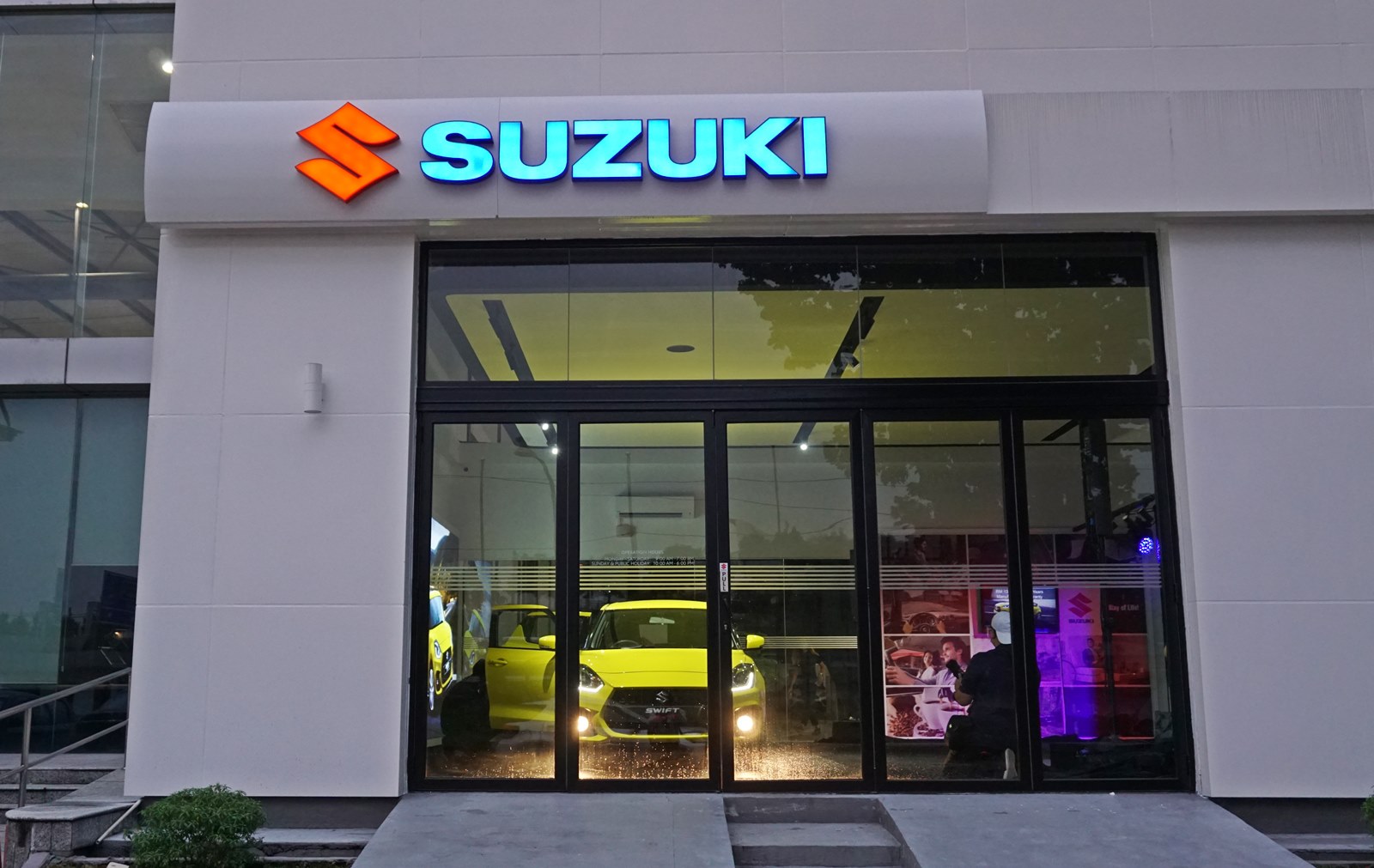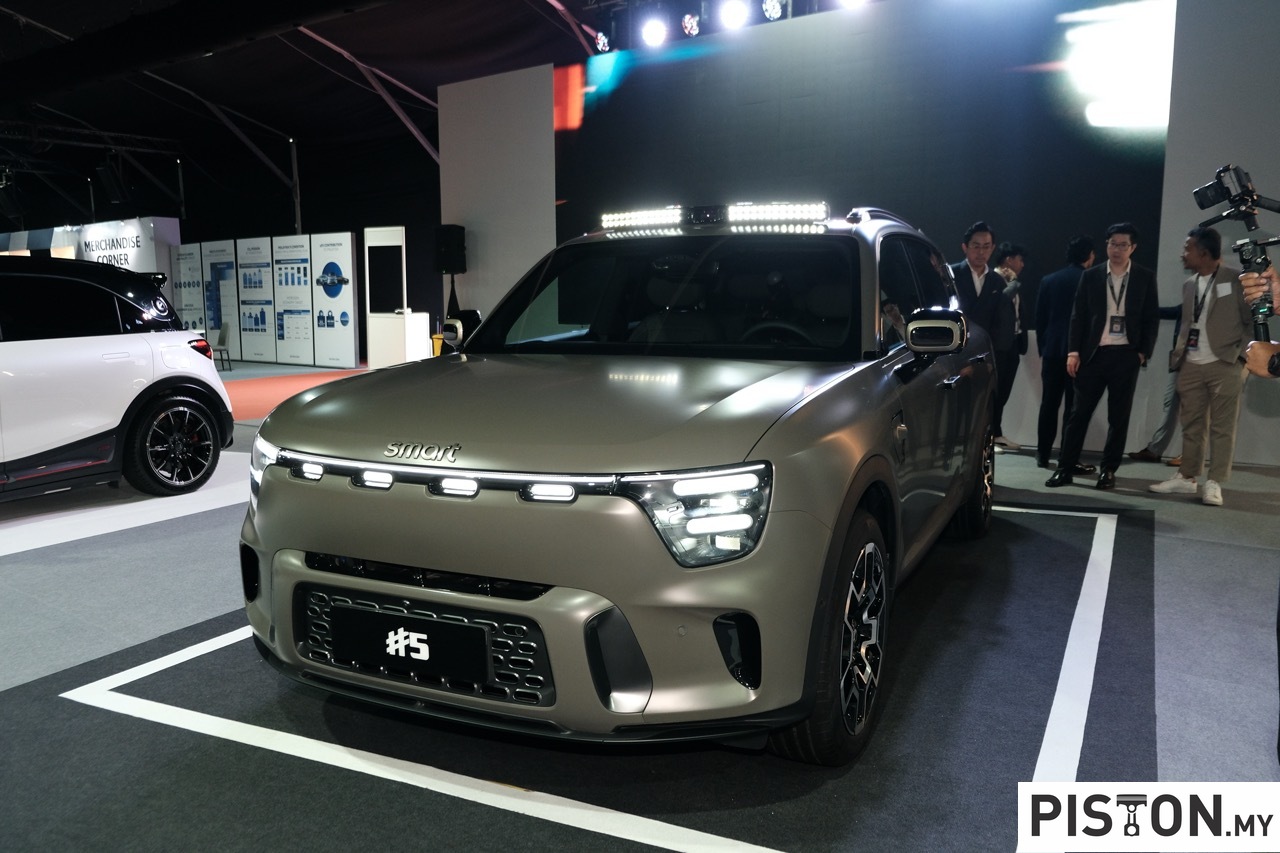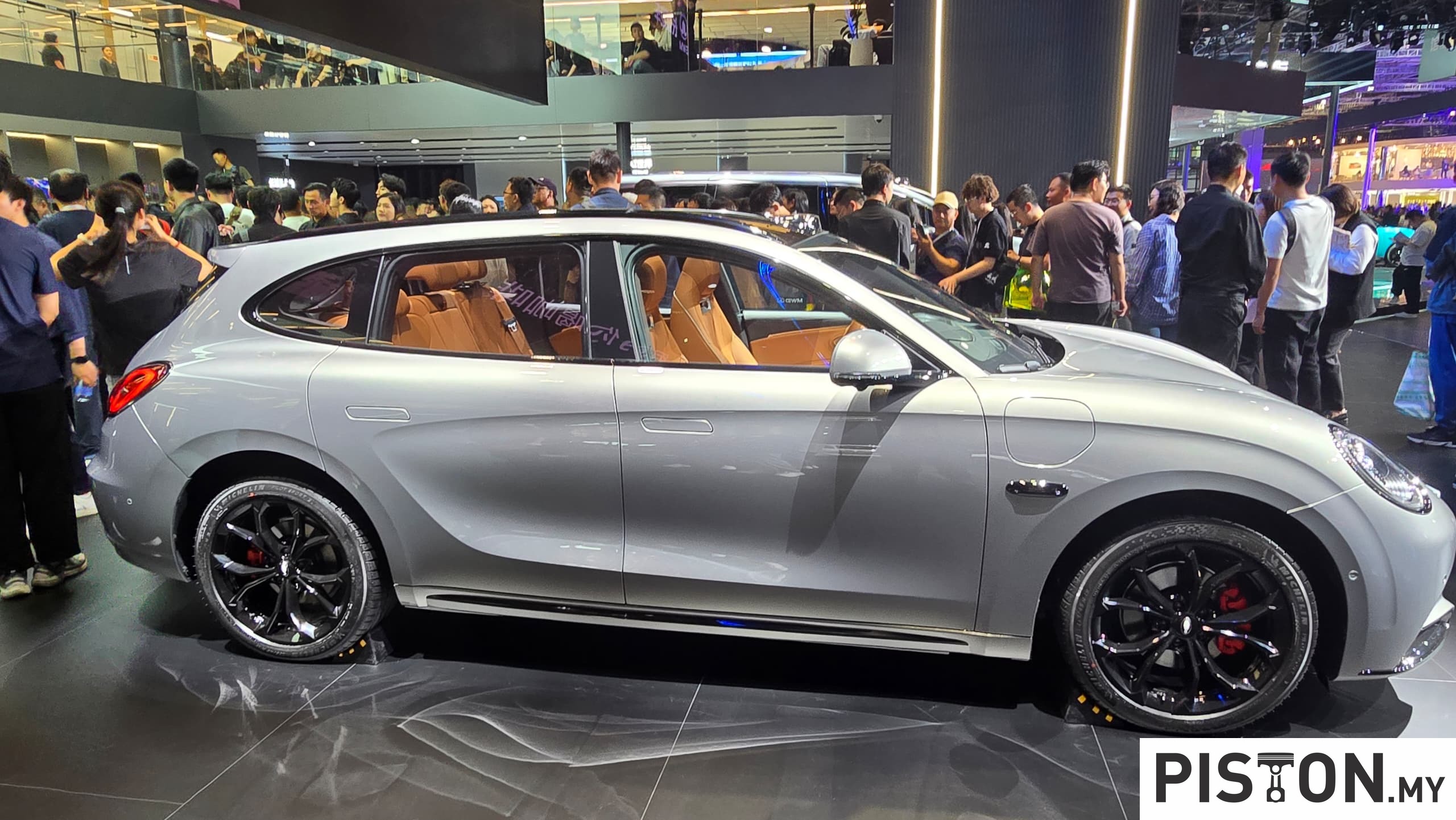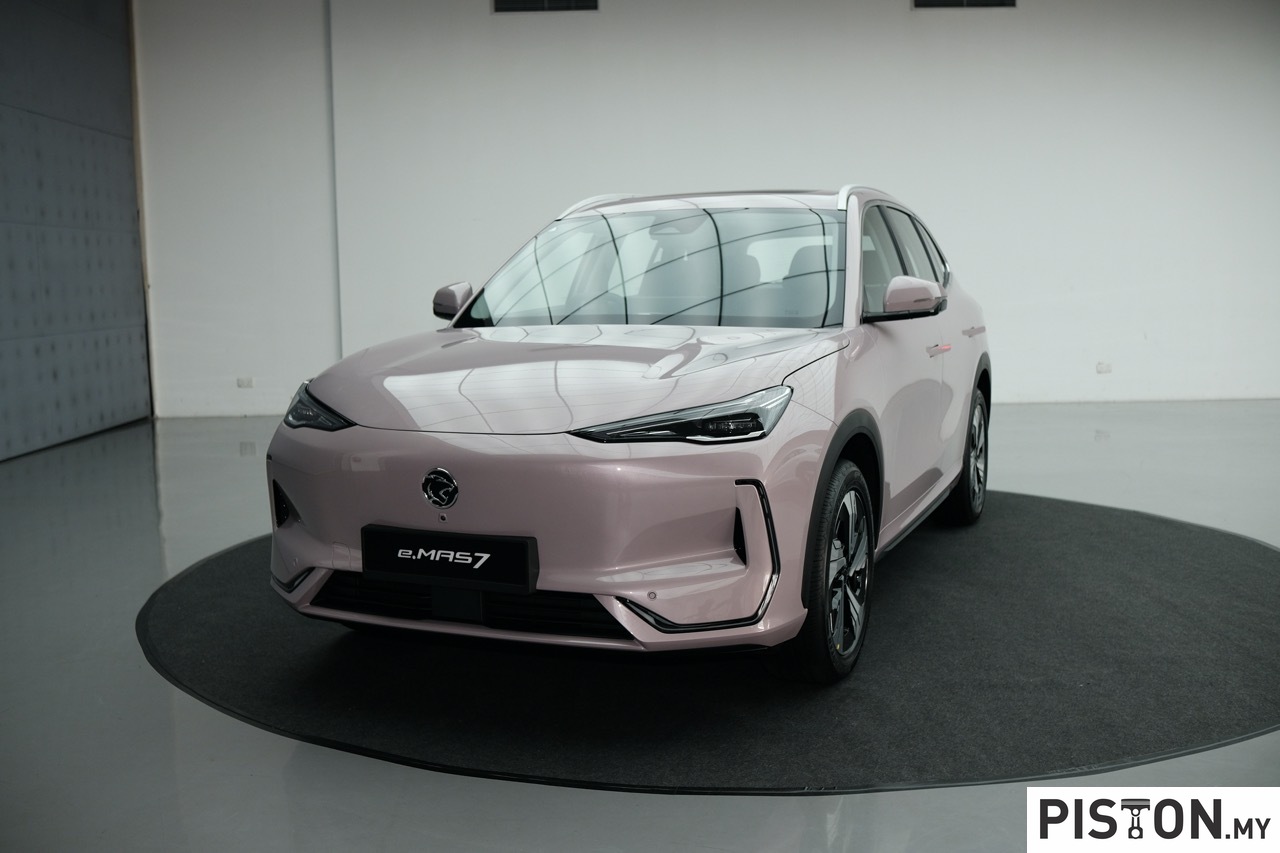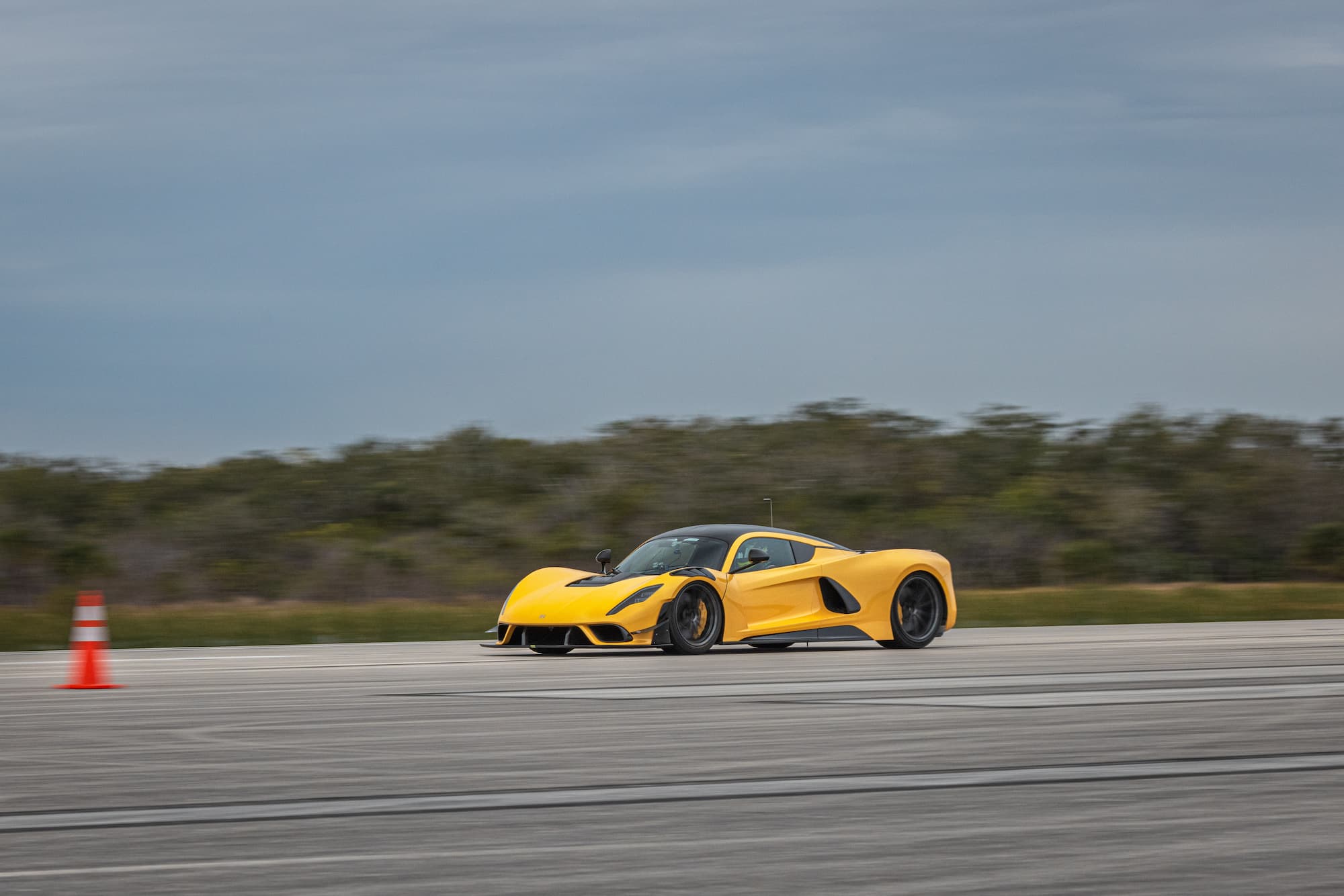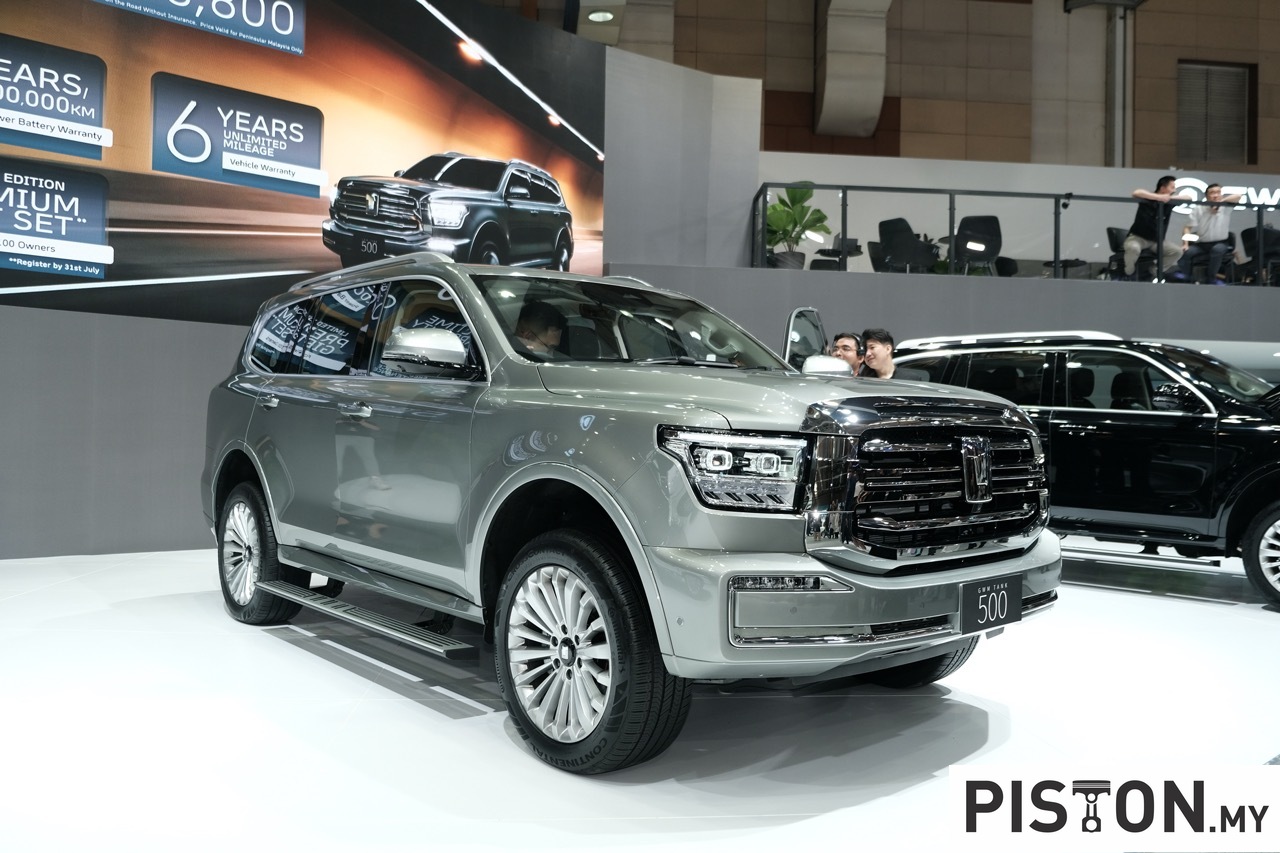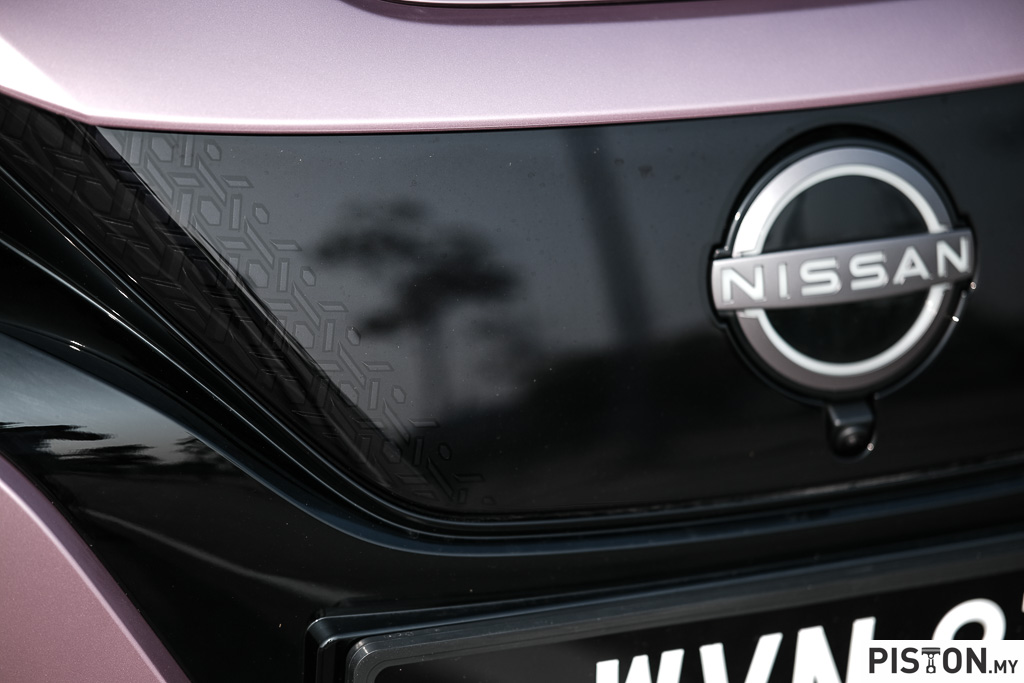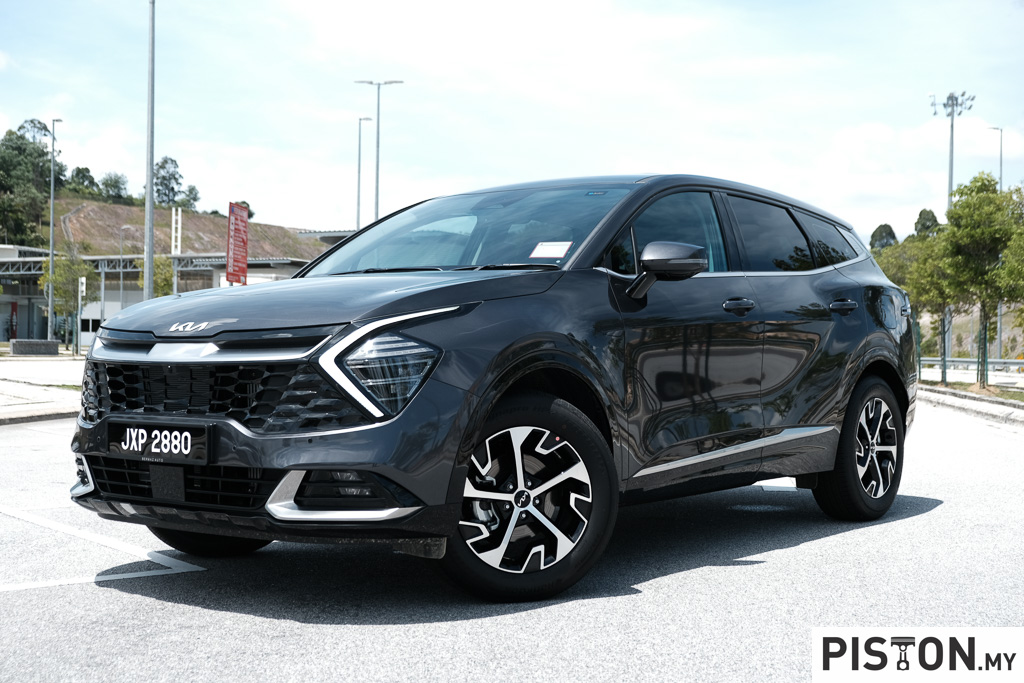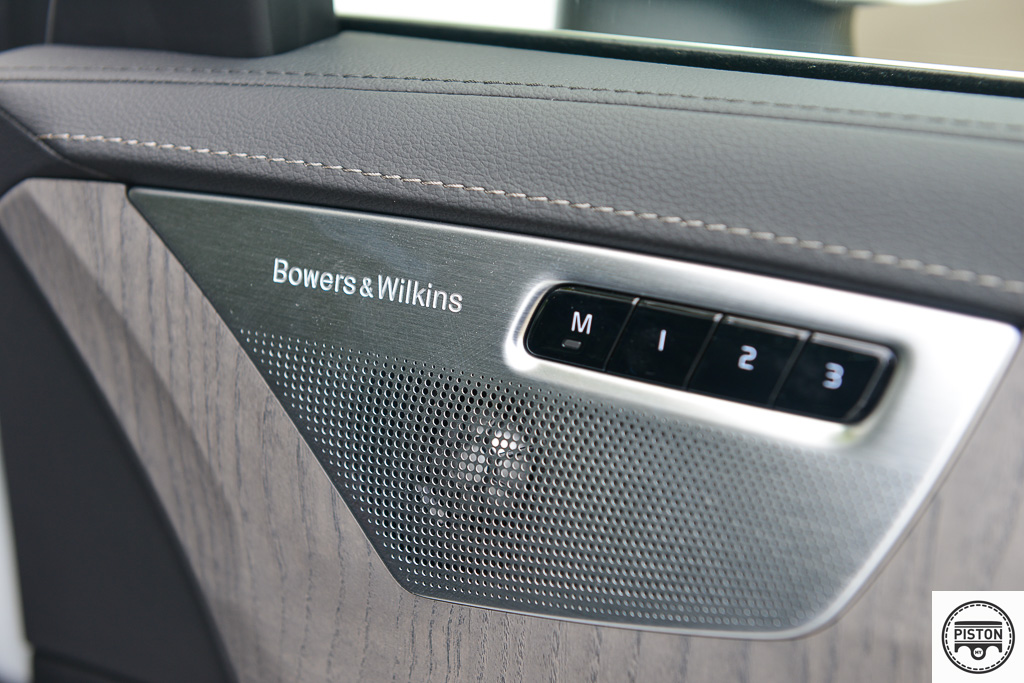Suzuki Motor Corporation is collaborating with Nagoya-based startup Tier IV to develop autonomous driving technology specifically for minicars, aiming to address the unique transportation needs of Japan’s less-populated regions. This initiative is a strategic move to meet the increasing demand for compact, self-driving vehicles capable of navigating narrow and often challenging rural roads.
Investment and Partnership
Suzuki has made a strategic investment in Tier IV, contributing to a substantial 8 billion yen capital increase. This partnership will see Tier IV develop a prototype of an autonomous minicar using existing Suzuki models. The goal is to integrate this technology into Suzuki’s next-generation vehicles, leveraging Tier IV’s expertise in autonomous systems.
Historical Collaboration
The two companies have an established relationship, having jointly tested a Suzuki car equipped with Tier IV’s autonomous driving system in 2022. This successful collaboration set the stage for deeper integration of Tier IV’s technology into Suzuki’s vehicle lineup.
Open-Source Advantage
Tier IV is renowned for its work on Autoware, an open-source operating system for self-driving cars. Developed in collaboration with Nagoya University and the National Institute of Advanced Industrial Science and Technology, Autoware allows any company to use and modify the software, promoting widespread innovation and collaboration in autonomous vehicle technology.
Broader Industry Support
Tier IV has also attracted investment from other major players like Yamaha Motor and Isuzu Motors. Yamaha is looking to implement autonomous technology in factory transport systems, while Isuzu explores its application in bus services. Additionally, Sompo Holdings and Mitsubishi Corporation have invested in Tier IV, aiming to incorporate its technology into their services and products.
Addressing Rural Mobility Challenges
The partnership aims to enhance the automated driving system to better handle the narrow roads and hilly terrain typical of rural Japan. By focusing on these areas, Suzuki hopes to provide mobility solutions for aging populations in less urbanized regions, thereby supporting independence and improving quality of life.
Market Context
Suzuki has a strong foothold in the Japanese minicar market, accounting for 34% of new minivehicle sales in fiscal 2023. This marked the first time in 18 years that Suzuki surpassed Daihatsu Motor, claiming the top spot. Kei cars, a category of vehicles with engine displacements of 660 cubic centimetres or smaller, are particularly popular in Japan due to their lower taxes and insurance premiums, representing nearly 40% of new-car sales in the country.
Financial and Strategic Implications
Despite Suzuki’s significant market presence, its research and development budget (234.2 billion yen for the year ending March 31) is considerably smaller compared to Honda Motor (964.6 billion yen) and Nissan Motor (609.9 billion yen). By utilising open-source autonomous technology, Suzuki aims to reduce development costs while advancing its autonomous vehicle capabilities.
Future Prospects
Globally, companies like Google’s Waymo lead in autonomous vehicle development, with automakers such as Tesla and Toyota also making significant strides. In May, Suzuki furthered its commitment to autonomous technology by investing in U.S.-based robocar network startup Glydways.
Suzuki’s strategic partnerships and investments highlight its commitment to pioneering autonomous driving solutions tailored to the specific needs of rural Japan, potentially setting new standards for safety and convenience in the automotive industry.





